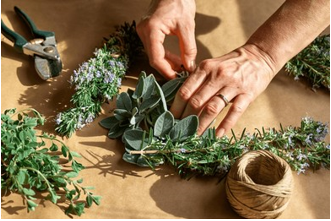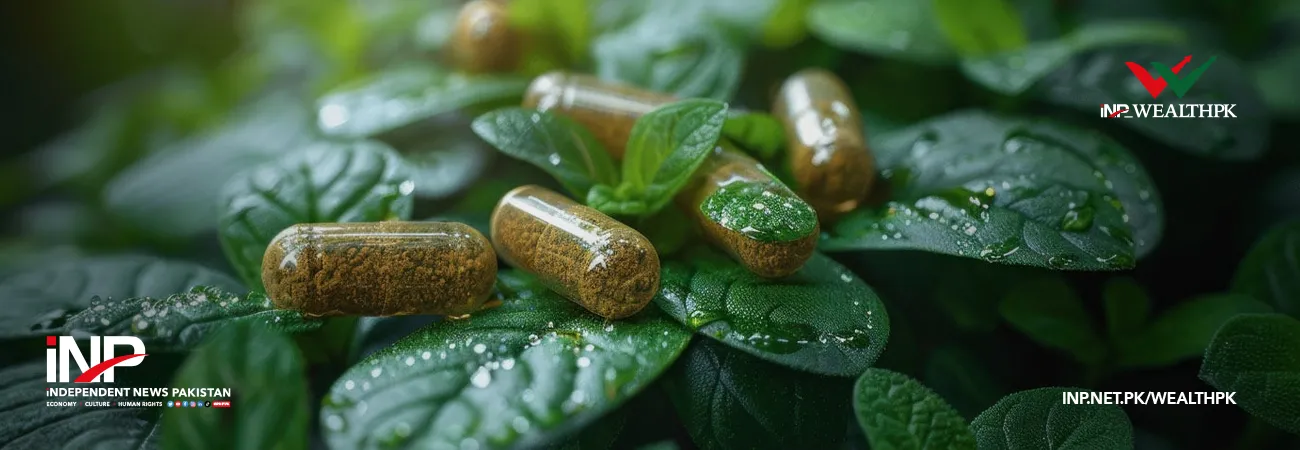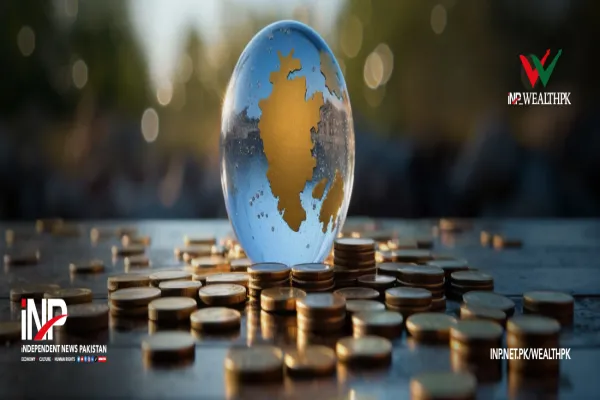i INP-WEALTHPK
Faiza Tehseen
Tapping the Gilgit-Baltistan’s potential in medicinal plants and herbs is crucial for poverty alleviation in the region.

"Pakistan’s medicinal plants’ sector is untapped. Despite the high demand for extracts or different parts of valuable vegetation for medicines industry, their commercial cultivation is never done in Pakistan.
Mostly, the sustainable cultivation of medicinal plants is hindered due to lack of proper infrastructure, awareness, introduction of optimal propagation methods, research and development,” notes Dr Riffat Tahira, programme leader of the National Medicinal, Aromatic and Herbs Programme of Pakistan Agricultural Research Council (PARC).
Talking to WealthPK, she said that the commercial propagation of medicinal plants could open new export markets for Pakistani traders, potentially leading to socioeconomic development for local communities. “With the growing trend of herbal medicine market, Pakistan needs to capitalise on its untapped medicinal plants potential.” Tahira said: “In remote parts of the northern areas, communities suffer from unsustainable means of economic support.
Mostly, they depend on subsistence farming, which is no longer viable due to soil degradation and climate change. As the medicinal plants are highly valuable, their sustainable farming will improve the livelihoods of locals. Ranging from cultivation, harvesting, processing, packaging, marketing, and distribution, the value-added products from medicinal plants will create new job opportunities for locals, especially women.”
She said that both soil and environment were favourable in northern areas of Pakistan to cultivate valuable herbs and plants. “They can be used for medicinal purposes, fragrance extraction, essential oil production and culinary. Potohar region is also suitable for growing herbs, plants, and valuable shrubs. She said that installing a herbs processing or value-addition unit was not that expensive.
“A sound cottage industry based on the value-added products can be developed in the northern parts of the country,” she said, adding that properly trained women can run this industry. Tahira said government support for commercial propagation of medicinal and other valuable plants was vital as the global demand for medicinal plants and plant-based products increased.
Talking to WealthPK, Muhammad Akbar, an environmentalist from Gilgit-Baltistan, said: “Modern agricultural practices, including agroforestry, are necessary to farm medicinal and other valuable plants. “Farming of medicinal and other valuable plants is crucial for ecological and environmental protection.” He said medicinal and other valuable plants mostly thrived in the wild.
However, he said invasion of some of them could harm biodiversity. “To avoid this threat, certified nurseries and controlled farming environments should be established.”
Credit: INP-WealthPk









